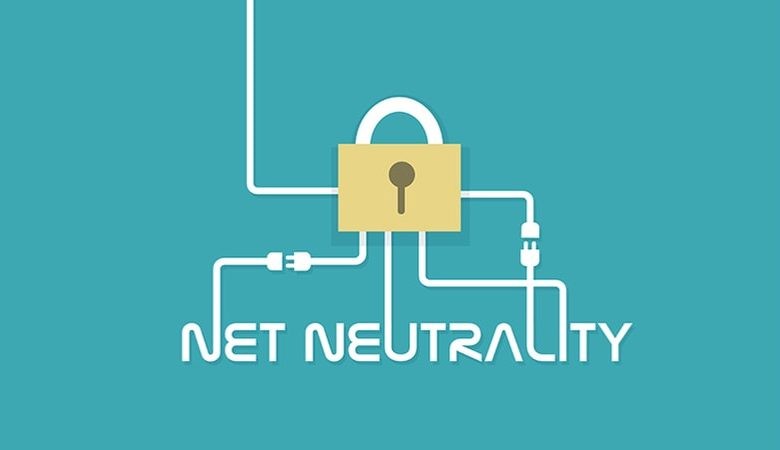
California no sooner passes a net neutrality law, Gov. Brown signs it into law, and the feds sued. Also filing lawsuits against California over net neutrality are four lobby groups representing most if not all the Internet Service Providers in the U. S. The lawsuit claims that California has enacted legislation that is unconstitutional by undermining and countermanding FCC regulations. In both suits, the Feds and the lobby groups seek a preliminary injunction to stop the California law from going into effect on January 1, 2019.
But wait, there is more, there is a third lawsuit in the U. S. Courts Of Appeals for the D. C. Circuit. Here, the FCC was sued by state attorneys general to reverse the federal repeal of the net neutrality law. The Federal Courts will now have to rule whether or not California can implement its net neutrality law or wait for the outcome of the D. C. District Court case.
What Is Net Neutrality?
Net neutrality is based on the premise “all data is created equal.” That is a play on words from the Declaration Of Independence that is key to the net neutrality argument. The argument is the amount of data flowing over the internet should be charged by ISPs at the same rate. The problem was the ISPs would charge more for data streamed or at least slow down the flow of that data to someone receiving it (called throttling). That is in opposition to the concept of an “open internet.”
Some legal analysts believe the states one major obstacle is that FCC's Chairman Ajit Pai has asserted his authority to preempt states and cities from enacting net neutrality laws. The Feds claim the broadband services cross state lines and therefore are subject to the federal policy of non-regulation. The other concern is Congress's failure to block the FCC's repeal of net neutrality that has set the states on their course of action.
Other legal minds believe that the states may very well have their state net neutrality laws upheld in court. Paving the way for other states to pass net neutrality laws. There is some legal doctrine that indicates the FCC has no preemption authority under Title One of the Communications Act.
Another option for states is to use their purchasing power to enforce the net neutrality laws legally. Such executive orders were issued by the governors of five states, Vermont, Hawaii, Montana, New Jersey, and New York. In those executive orders, ISPs will be forced to live by the net neutrality laws if they contract with any state agencies. When a state becomes a buyer, the commerce clause is null and void.
Another approach for the states is to require recipients of state subsidies for broadband to obey net neutrality. A two-way street, ISPs can choose not to contract with a state agency leaving them free to block or throttle.
States That Passed Net Neutrality Laws
In March 2018 Washington state passed its net neutrality law which prohibits ISPs from blocking, throttling, or paid prioritization.
Oregon passed its net neutrality law in April 2018 which differs from Washington's as it blocks the state Oregon from doing business with ISPs that block, throttle, or provide preferred treatment for web content.
This net neutrality battle between the states and the Feds may drag out in the courts for years to come. The states have their work cut out for them but, with innovative methods, they might just get around the Fed's repeal and protect net neutrality.





Leave a Reply
Thank you for your response.
Please verify that you are not a robot.